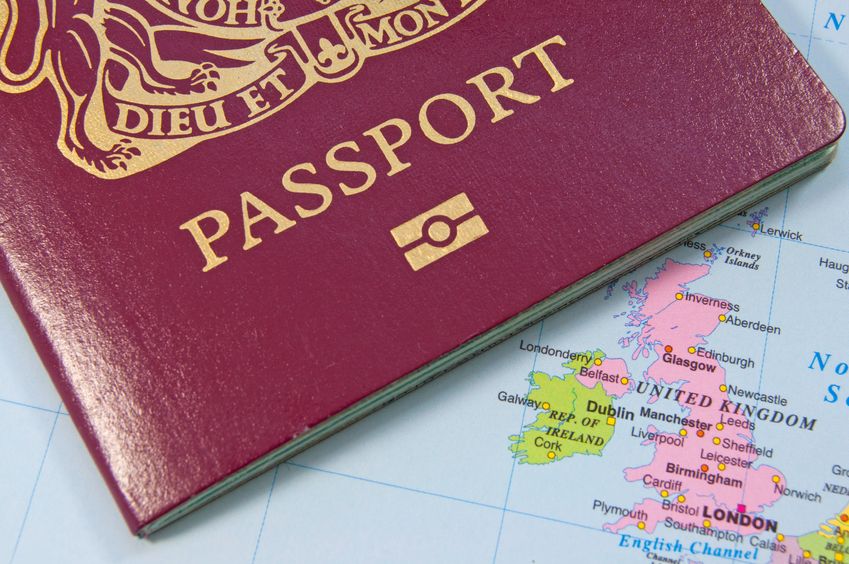
The food and drink supply chain has called for early agreement on future UK trade with Ireland.
In a cross-sector act of cooperation, signatories from 35 representative bodies in the UK food and drink supply chain have signed an open letter calling on the Government to make an early agreement on future trade with the Republic of Ireland as the United Kingdom leaves the EU.
They stress that this is of particular importance in the case of Ireland, the UK's only land border with the EU.
It buys more from the UK than the United States, China, Russia, Brazil, Canada and Japan combined.
Nearly a fifth of UK food and drink exports go to Ireland, with more than a third of Ireland’s reaching UK shores.
Interdependence is 'essential'
The open letter reads: "A quarter of all Northern Irish milk is processed in the South. More than half of Irish beef and cheese goes to the UK. The UK supplies 80 per cent of the flour used in the Republic. We could go on.
"The seamless single market in food and drink across the UK and Ireland allows the free movement of goods and workers. It also means that the majority of food sourced in Ireland from EU and international sources, particularly fresh produce, arrives via ports and supply chains from across the whole of the UK.
"This complete interdependence is essential to ensuring our food security and to feeding both countries."
The open letter represents the UK's agri-food and drink sector, which employs four million people or 13.5% of the UK workforce.
The industry is seeking Government reassurance to ensure existing tariff-free trading arrangements between the UK and Ireland are maintained.
'Must be avoided'
The open letter continues: "New disruptive customs barriers, port health controls and other costly bureaucratic requirements that impede the movement of goods and workers must be avoided.
"They would disrupt established supply chain networks that operate across the UK and Ireland and would cause significant economic damage while adding to existing food price inflation faced by consumers.
"A cliff-edge scenario that results in a sudden transformation to our trading arrangements with Ireland would be hugely damaging for our industry and for the wider economy on both sides of the border.
"In the event that new customs requirements cannot be avoided, continuity and predictability for business must be a priority. Government would need to evaluate the administrative and regulatory requirements and put in place robust plans to deliver transitional arrangements that minimise disruption and provide sufficient time to allow businesses to adapt.
"We are pleased that the Prime Minister is seeking a 'frictionless' border between the UK and Ireland post-Brexit. It is imperative that once Article 50 is triggered the future border arrangements are high on the target list for prompt resolution.
"Government should make a clear and early statement of principle that it is committed to maintaining this trade with Ireland and that it will make it a priority in negotiations."
